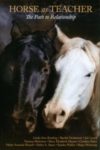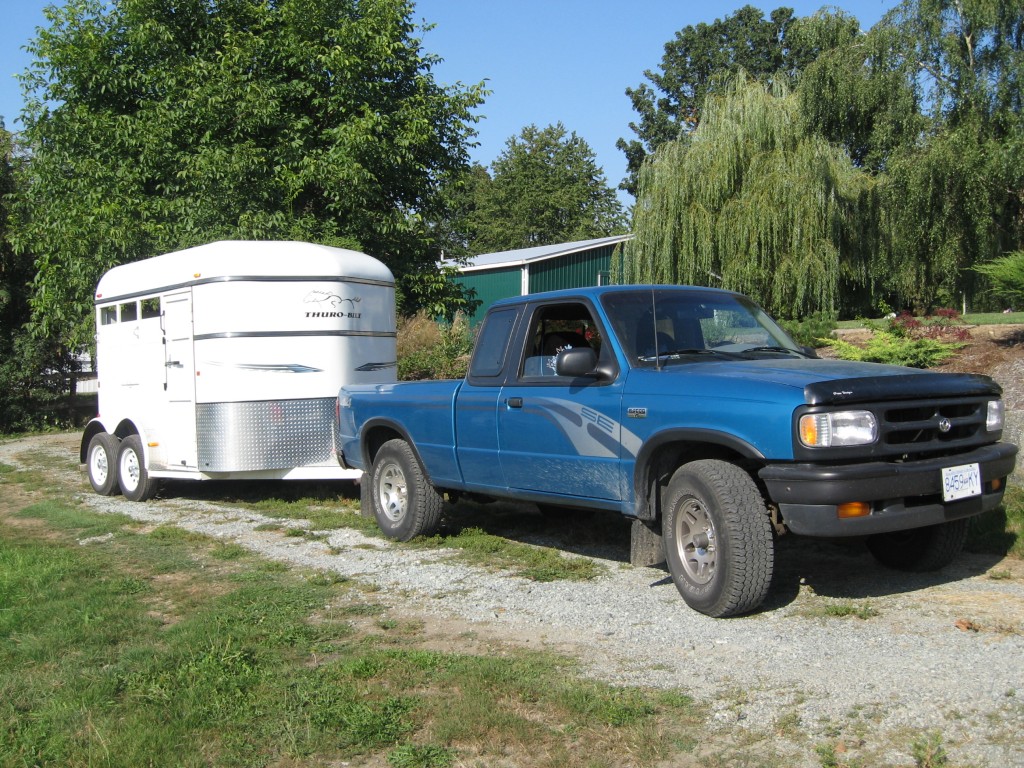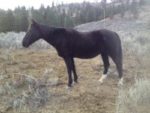Trail Riding & Horse Camping Tips- PART 2
This is Part 2 of a great article from www.ustrailride.org. Some excellent tips & ideas.
ENJOY!
4. Tips for camping with a horse:
Horse:
A horse is like camping with a three-year old child. A horse does not help, does not work, demands constant attention, makes messes and will run away given half a chance and gets into trouble anyway possible. You should learn to walk before running when camping with horse. Go with an experienced group to a few places first before attempting it on your own.
-Water: The horse needs at least 5 gallons of drinking water per day, more if hot or ridden hard. Also need water to wash horse, tack.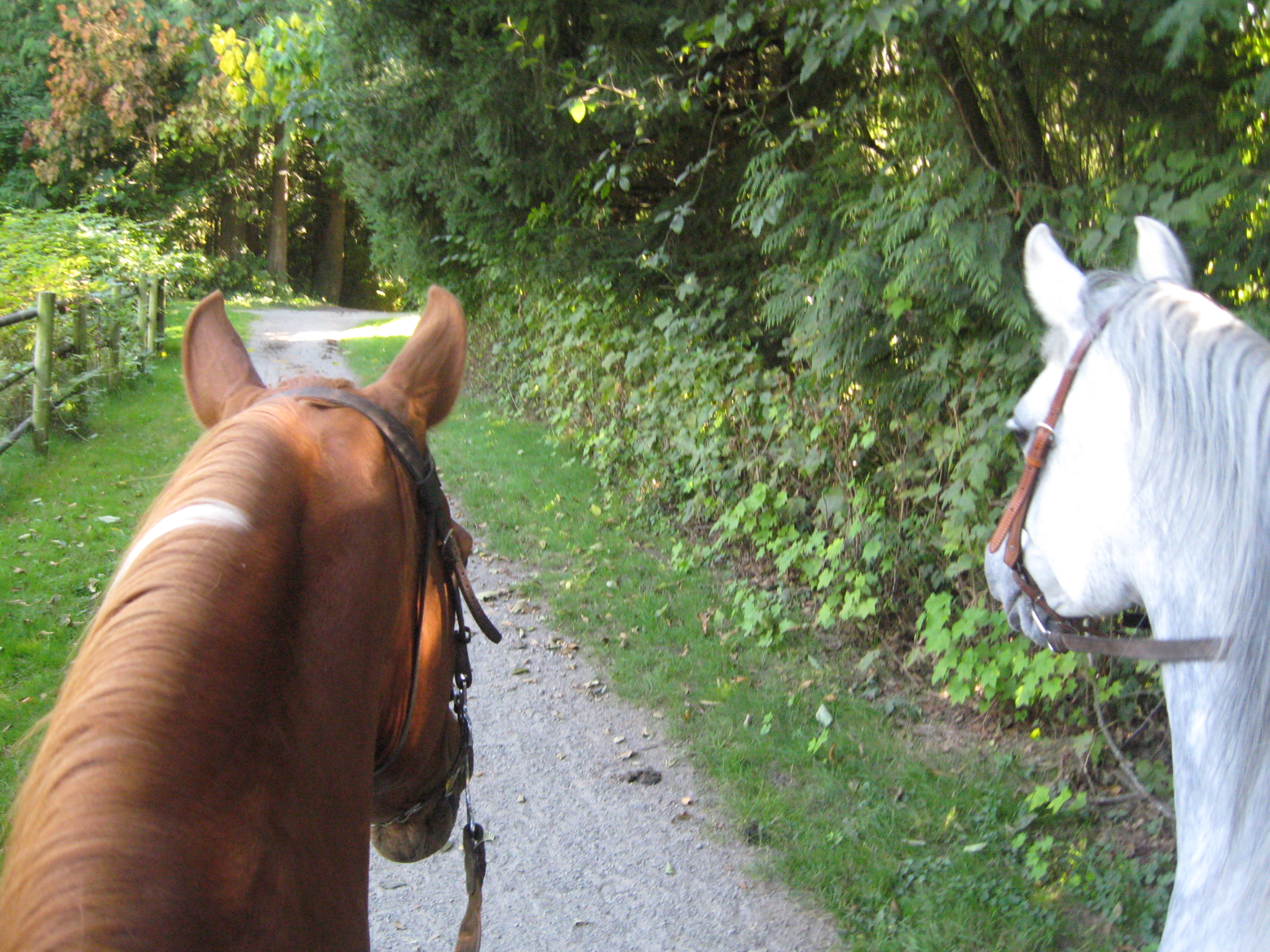
-Food: Grain; hay, 1/2 bale per horse per day. Straw if horse is standing on hard surface otherwise horse will urinate on hay.
-Electrolytes, plus loose salt, minerals,
-Bute, Banamine and assortment of usual medicines for cuts, bee stings (antihistamines) etc.
-Extra Easy boots.
-Horse should be in good shape to accomplish the planned riding.
-Fly spray.
-Blankets if cold or in mountains
-Tack with extra bridle, girth, cinch, halter, lead rope (hobbles might be great, but that’s for a later trip), day glow strips on halter if horse gets loose)
-Electric pen (make sure grounded properly, need tester) or Farnam type travel pen (each horse must have own pen – do not put two horses in same pen).
-Emergency number for vet and farrier.
-Pitchfork or shovel for horse apple removal and muck bucket.
-Use a new muck bucket to water horse and pig feeder for graining horse
Human:
-Clothes for warm, cool, cold and wet weather.
-Muck boots, grass wet in AM.
-Water: Take plenty to drink, for personal hygiene, washing. dishes, hands etc. A shower is really nice. Do not forget your toothbrush.
-Cell phone (may not work in mountains).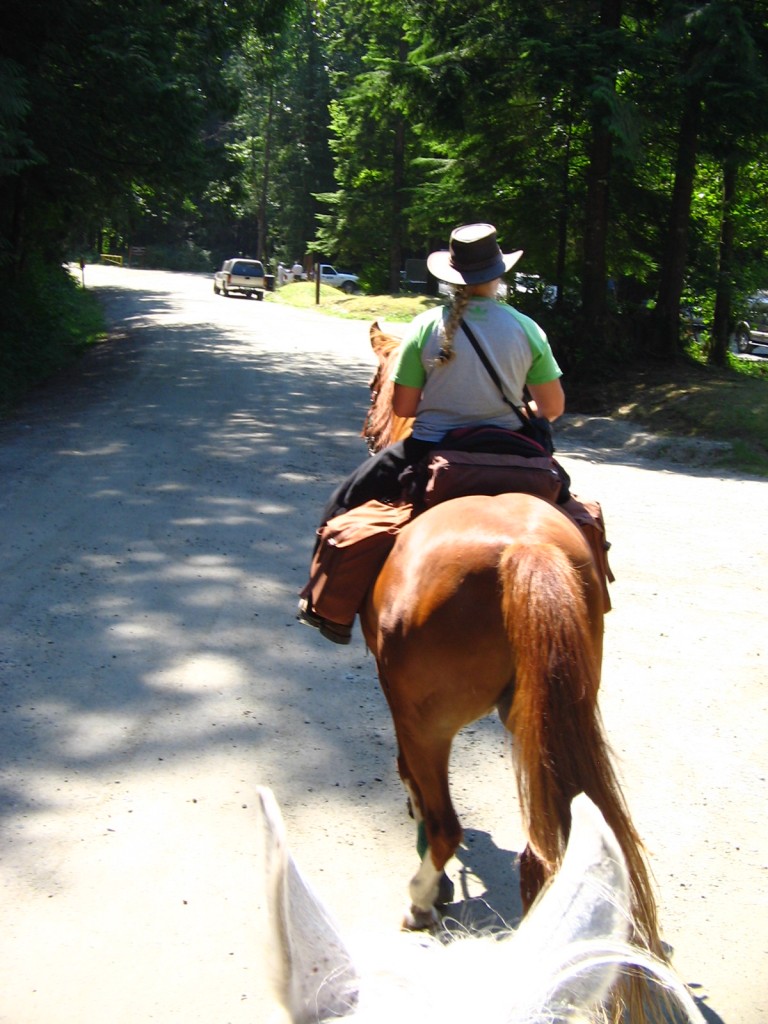
-Map of area, compass, or a GPS. Learn how to use at home before going on trip.
-Sleeping bag, pillow and cot. Too dangerous to sleep on ground around horses. If sleeping in back of trailer take what is needed to wash trailer out.
-May need a tarp to put over trailer to keep out night air and rain.
-Flashlights, extra batteries
-Cooler(s) with lots of ice, lots of liquids to drink, easy to make foods that will not spoil. Lots of snacks.
-A large bandana to stabilize broken bones, tie around wound, dip in water on hot days to use to cool human and horse.
-Fire wood, lighter, small Barbeque grille
First aide kit
-During summer take frozen meats, frozen drinking water etc.
-Lawn Chair(s)
-Dishwashing soap (Palmolive), buckets or pans to wash hands and dishes if any (best to use disposable stuff so bring trash bags)
-Toilet paper
-Towels
-Emergency number for nearest rescue or medical facility.
Vehicles:
-Full of gas.
-Extra engine oil.
-Jumper cables, hammer, tools.
-Tow cables.
-Tarp for overhead shelter.
-Folding chair per person.
-Trailer Aide, ramp device to jack up trailer in case of flat tire.
-Join AAA with enhanced coverage so that tow vehicle is covered.
Miscellaneous Tips:
-As a general rule, take care of the horse’s needs before you take care of your own personal needs.
-Generally, try to arrive at camp site to set up during daylight and have an hour or so to ride. During the first camping experience, setting up the camp site will take longer than planned. Set up the horse’s area first and then your personal camping area. DO NOT SET UP THE HORSE AREA SO THAT THE HORSE WILL BE ABLE TO CHEW ON THE TREES!!!! Most camp ground owners/managers are extremely protective of them and might even ask that you leave!
-The camper may need time to purchase overlooked items at a local store (if there’s one around). If you find that you must leave the camping area for any reason, be sure to ask someone to watch your horse. If the camping experience is new to the horse, stick around until you’re sure that the horse will be OK.
-Riding the horse for an hour or so helps the rider and horse to relax. The horse generally stands better overnight after a ride.
-When possible let the horse graze evenings and mornings. Grass provides moisture and the grazing allows the horse to relax in an unfamiliar environment.
-Ensure the horse always has water to drink.
-Try to limit disruption of the horse’s routine
-In the morning, feed the horse early, providing hay first then grain.
-Exercise the horse before saddling and especially before mounting by walking, circling game or lunging.
HAPPY TRAILS!!!
